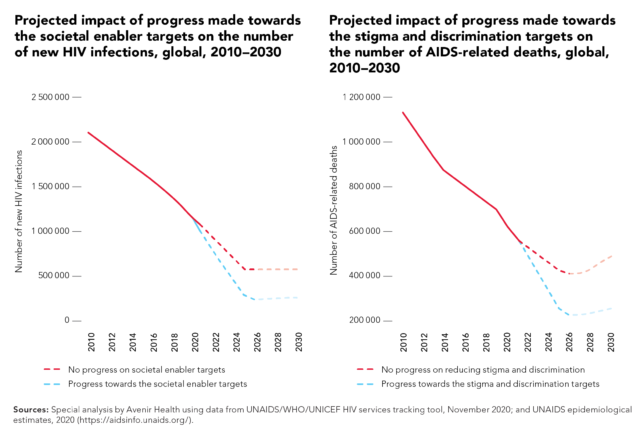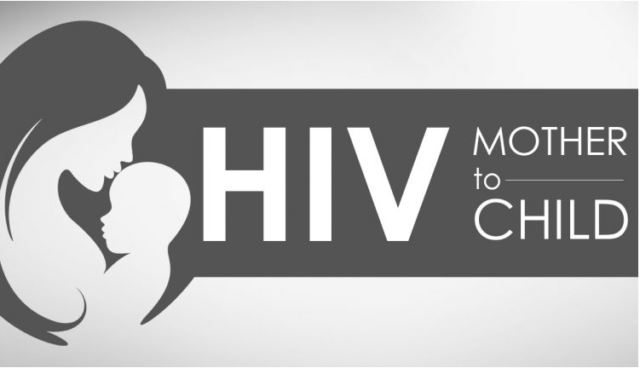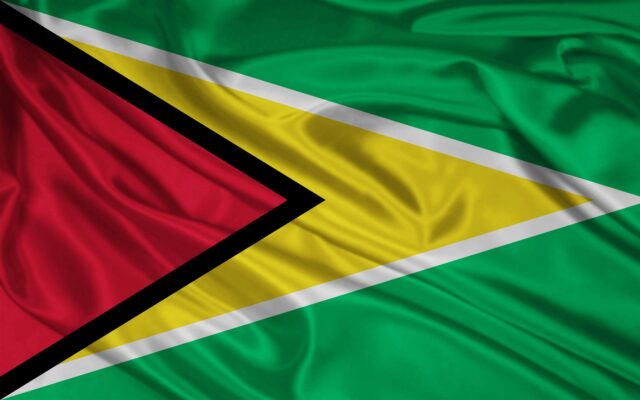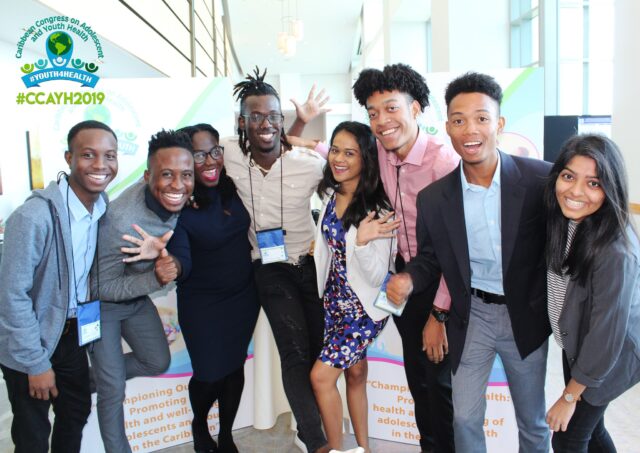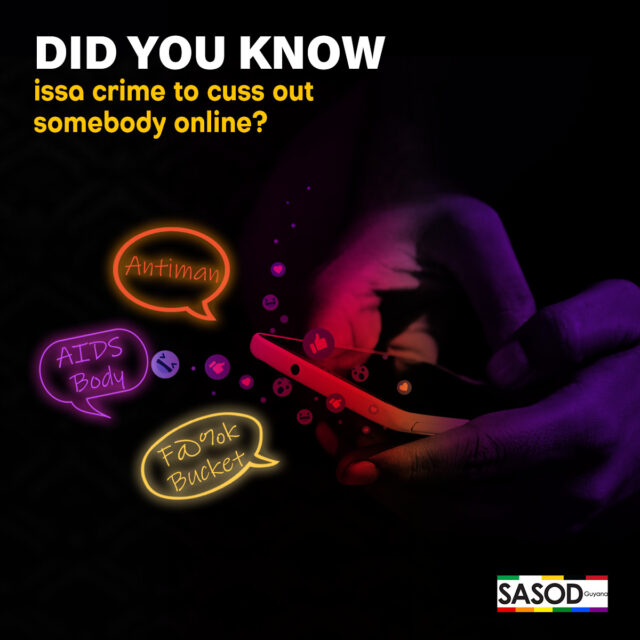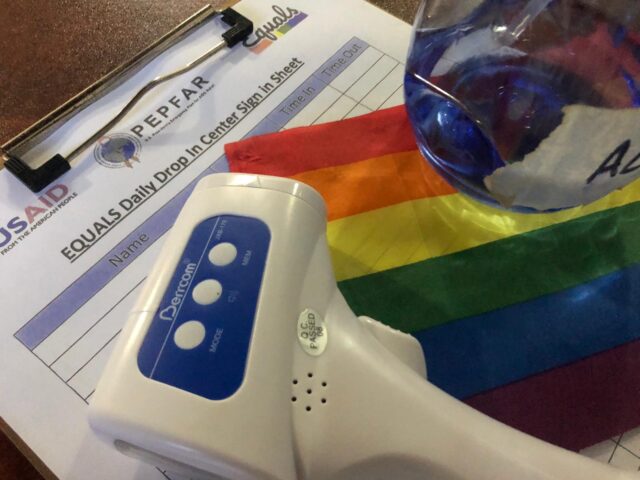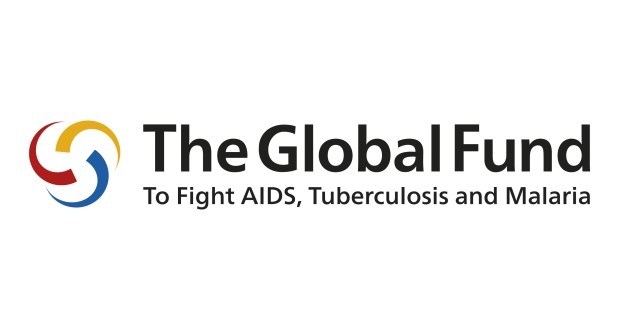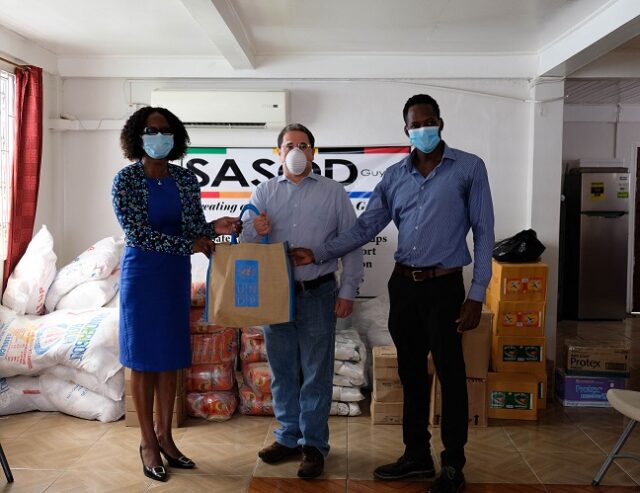GENEVA – In 2020, the Global Fund signed 157 grants for a total of US$8.54 billion for lifesaving HIV, Tuberculosis (TB) and malaria programs and to strengthen systems for health. This is the highest amount of grants ever signed in a single year by the Global Fund. The grants will begin implementation this month.
“This is an exceptional achievement that will help more than 100 countries continue the critical fight against HIV, TB and malaria – epidemics that kill more than 2.3 million people every year,” said Peter Sands, Executive Director of the Global Fund. “As the COVID-19 pandemic overwhelms health systems around the world, it is now more important than ever that we ensure countries have the resources they need to fight HIV, TB and malaria and to strengthen the systems for health needed to respond to all four diseases.”
The Global Fund has a total of US$12.71 billion available in funding allocations for the three-year funding cycle that runs from 2020-2022. Of these funds, the Global Fund had planned for US$8.9 billion in grants to be approved in 2020, with the remaining funds scheduled for later start dates. However, the Secretariat accelerated its grant-making efforts and exceeded the original target, approving US$9.2 billion of funding in 2020. As of 31 December 2020, US$8.54 of the approved grants had been signed and begin implementation this month; two countries were still in the process of signing the remaining finalized grants worth US$660 million.
“Even in the midst of a new global pandemic, during an extraordinarily challenging year, the Global Fund partnership has supported countries to develop grants more quickly and effectively than ever before,” said Donald Kaberuka, Global Fund Board Chair. “A record-breaking 67% of grants for the 2020-2022 funding cycle have now been signed, compared to 50% of grants signed at the same time in the last funding cycle, representing a remarkable increase in performance.”
In comparison, at the same time in the 2017-2019 funding cycle, the Global Fund had signed US$5.2 billion in grants out of a US$10.3 billion funding allocation.
Over the past year, the Global Fund has supported implementing partners and Country Coordinating Mechanisms (the committee of local community, government and health experts that develop and guide Global Fund-supported programs in a country) to develop detailed funding requests for programs to respond to the epidemics at the country level. As part of the Global Fund’s grant-making process, all funding requests are reviewed by an independent Technical Review Panel and then by the Grant Approvals Committee for quality and comprehensiveness before going to the Global Fund Board for final approval. Once the Global Fund and the implementing partners sign the grant, implementation of programs can begin.
The Global Fund is extremely appreciative of the continued support of donors for its core funding, as pledges made at the record-breaking Replenishment Conference in Lyon in October 2019 are converted into cash contributions. Sustaining funding levels for the fight against HIV, TB and malaria is vital at a moment when disruptions related to the COVID-19 pandemic threaten to reverse many years of progress against the three diseases.
On top of the new grants awarded to fight HIV, TB and malaria, the Global Fund has approved US$980 million in additional funding to 106 low- and middle-income countries and 14 multicountry programs to respond to COVID-19 in 2020. The Global Fund has estimated that it needs a further US$5 billion on top of its core funding to support countries in responding to the pandemic by reinforcing national COVID-19 responses; mitigating the impact of COVID-19 on lifesaving HIV, TB and malaria programs; and making urgent improvements to health and community systems.


